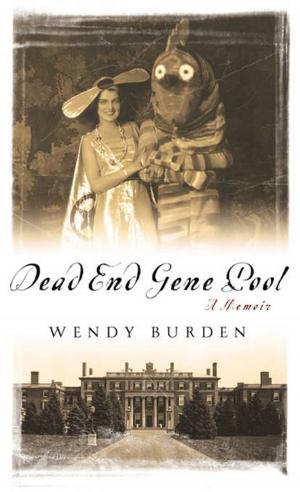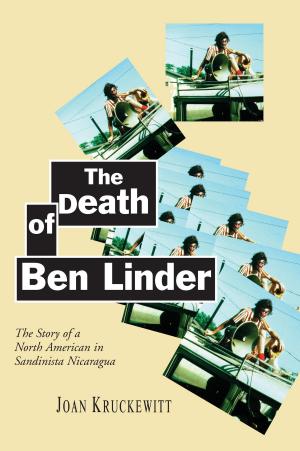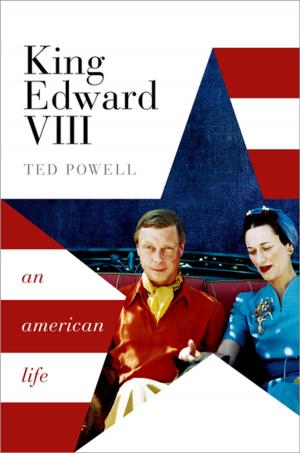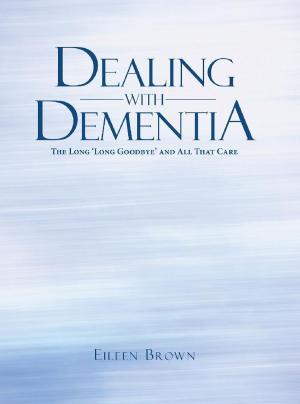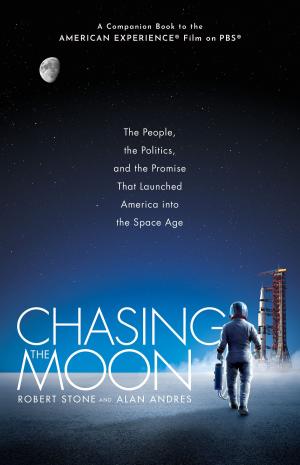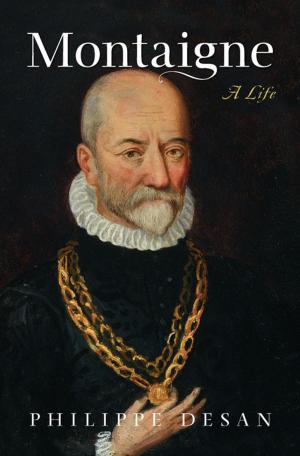| Author: | John Rezell | ISBN: | 9781310374043 |
| Publisher: | John Rezell | Publication: | January 26, 2015 |
| Imprint: | Smashwords Edition | Language: | English |
| Author: | John Rezell |
| ISBN: | 9781310374043 |
| Publisher: | John Rezell |
| Publication: | January 26, 2015 |
| Imprint: | Smashwords Edition |
| Language: | English |
Lance Armstrong and I first met at the 1992 U.S. Olympic Trials in Altoona, PA when I experienced my first glimpse of Lance's powerful glare as a journalist covering cycling. Our first meeting was hardly cordial. I ambushed Lance immediately after the race, before anyone else could get to him, and asked some tough questions that Lance did not want to hear. But before the interview ended, we forged a professional relationship that would continue, roller-coaster style, for the next eight years. This memoir is about my time covering Lance before he became one of the most recognized personalities on the planet. Most of our interviews transcended into discussions on life. After that first meeting in Altoona, I made it my quest to be the first reporter running along side Lance whenever he raced in the US. I covered him as a freelancer for his hometown newspaper, the Austin American-Statesman, and wrote about him for a number of publications. In May of 1996 I pitched the idea of writing his biography, and he endorsed the idea. The next day, I was the first journalist to point out that something might be amiss with Lance. No one had any idea what would unfold. Four months later, he was diagnosed with testicular cancer. He granted me an interview in the midst of his chemotherapy — just one of three journalists allowed access to him. This is the story of how he was then, and how he impacted my life. The public perception of Lance has changed dramatically since those days. I've come to determine that it really doesn't matter. Regardless of who he is today, or how I feel about him today, a simple truth reigns above all else. Nothing can change the past. We can only change our interpretation of it. The fact remains that Lance Armstrong influenced a lot of people. He changed a lot of lives. Some for good. Some not for good. I only know that he changed mine for the better. I can’t change that. I wouldn’t want to.
Lance Armstrong and I first met at the 1992 U.S. Olympic Trials in Altoona, PA when I experienced my first glimpse of Lance's powerful glare as a journalist covering cycling. Our first meeting was hardly cordial. I ambushed Lance immediately after the race, before anyone else could get to him, and asked some tough questions that Lance did not want to hear. But before the interview ended, we forged a professional relationship that would continue, roller-coaster style, for the next eight years. This memoir is about my time covering Lance before he became one of the most recognized personalities on the planet. Most of our interviews transcended into discussions on life. After that first meeting in Altoona, I made it my quest to be the first reporter running along side Lance whenever he raced in the US. I covered him as a freelancer for his hometown newspaper, the Austin American-Statesman, and wrote about him for a number of publications. In May of 1996 I pitched the idea of writing his biography, and he endorsed the idea. The next day, I was the first journalist to point out that something might be amiss with Lance. No one had any idea what would unfold. Four months later, he was diagnosed with testicular cancer. He granted me an interview in the midst of his chemotherapy — just one of three journalists allowed access to him. This is the story of how he was then, and how he impacted my life. The public perception of Lance has changed dramatically since those days. I've come to determine that it really doesn't matter. Regardless of who he is today, or how I feel about him today, a simple truth reigns above all else. Nothing can change the past. We can only change our interpretation of it. The fact remains that Lance Armstrong influenced a lot of people. He changed a lot of lives. Some for good. Some not for good. I only know that he changed mine for the better. I can’t change that. I wouldn’t want to.

